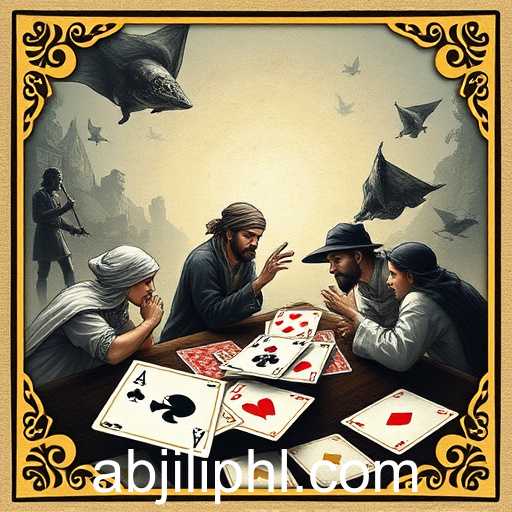Card games, a perennially popular pastime, have entertained people for centuries. They are not just games; they embody cultures, history, and the evolution of human interaction. The vast category of card games includes everything from simple amusements for children to complex games that challenge even the sharpest adult minds. With recent developments in the digital age, keywords like "abjili" have begun to emerge, adding intricate layers of meaning, identity, and novelty to this conventional category.
Originally played with physical decks, card games today encompass a digital domain where the experience is redefined by new terms, technologies, and interfaces. The keyword "abjili," although not universally recognized, may signify a burgeoning trend or sub-genre that blends traditional card-playing elements with innovative mechanisms or storylines. It piques the curiosity of enthusiasts seeking fresh experiences.
Card games, whether played in physical or digital formats, offer significant psychological and social benefits. They require strategic planning, mathematical skill, and risk assessment. Games like Poker, Bridge, and Solitaire are classic examples, each with its own rich history and community of players who prize skill and strategy. These games have been reinvented countless times throughout history, adapting to cultural contexts and technological advances.
Today, online platforms host a plethora of card games that one can play solo or with friends and strangers across the globe. The digitization of card games in environments with unique elements such as "abjili" allows for innovative gameplay mechanics that were previously not possible. The digital space opens up possibilities for customizable rules, varied themes, and enhanced player interaction.
Furthermore, many card enthusiasts gather in online forums and social media spaces to discuss strategies, share tips, or simply enjoy the community aspect of gaming. Whether a game includes the mysterious element of "abjili" or adheres to classical rules, the core experience remains profoundly social.
In conclusion, card games continue to thrive because they sit comfortably at the intersection of tradition and modernity. The introduction of novel keywords and concepts like "abjili" ensures that this beloved category will remain dynamic and engaging, fostering communities and welcoming new generations into the fold.








